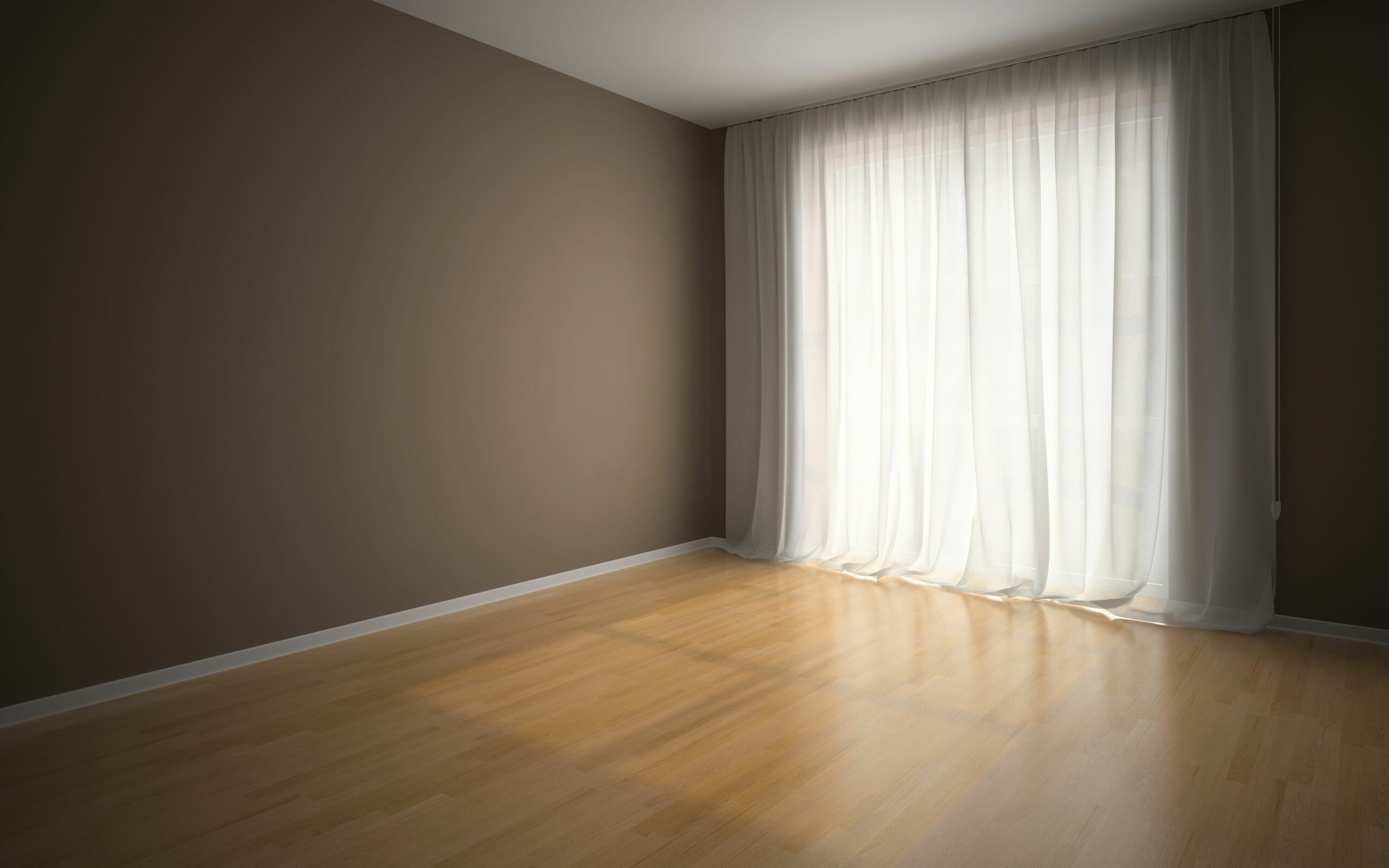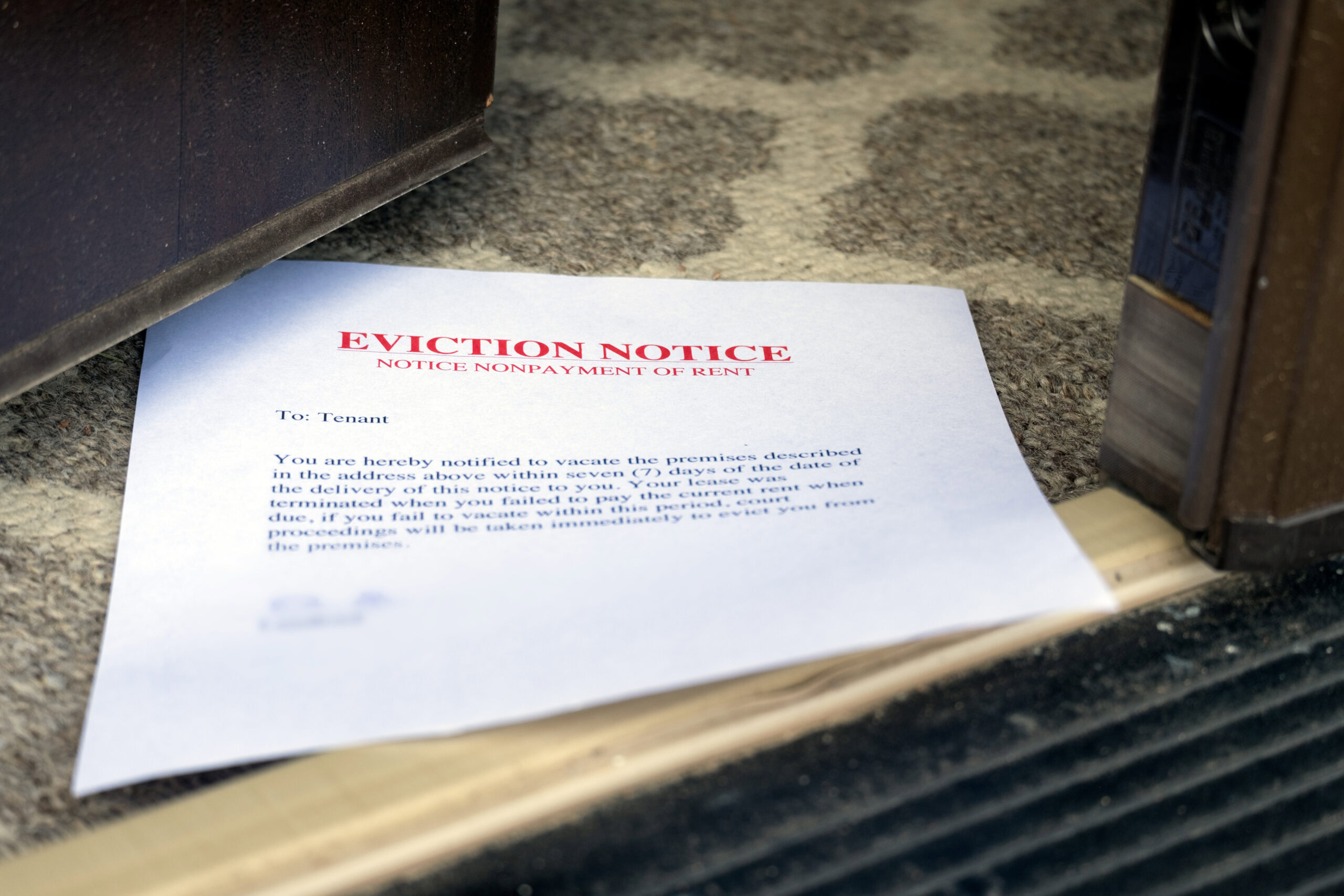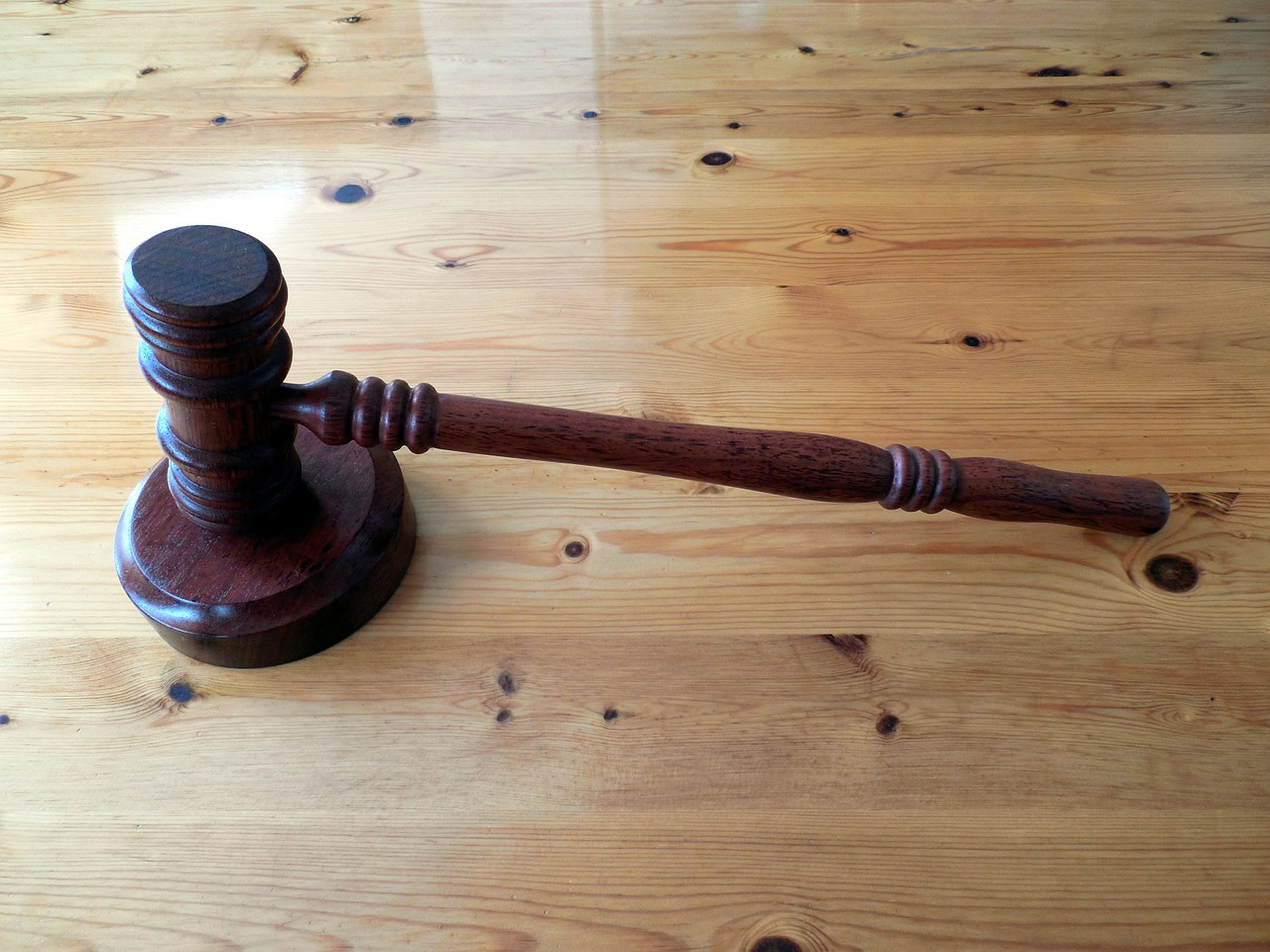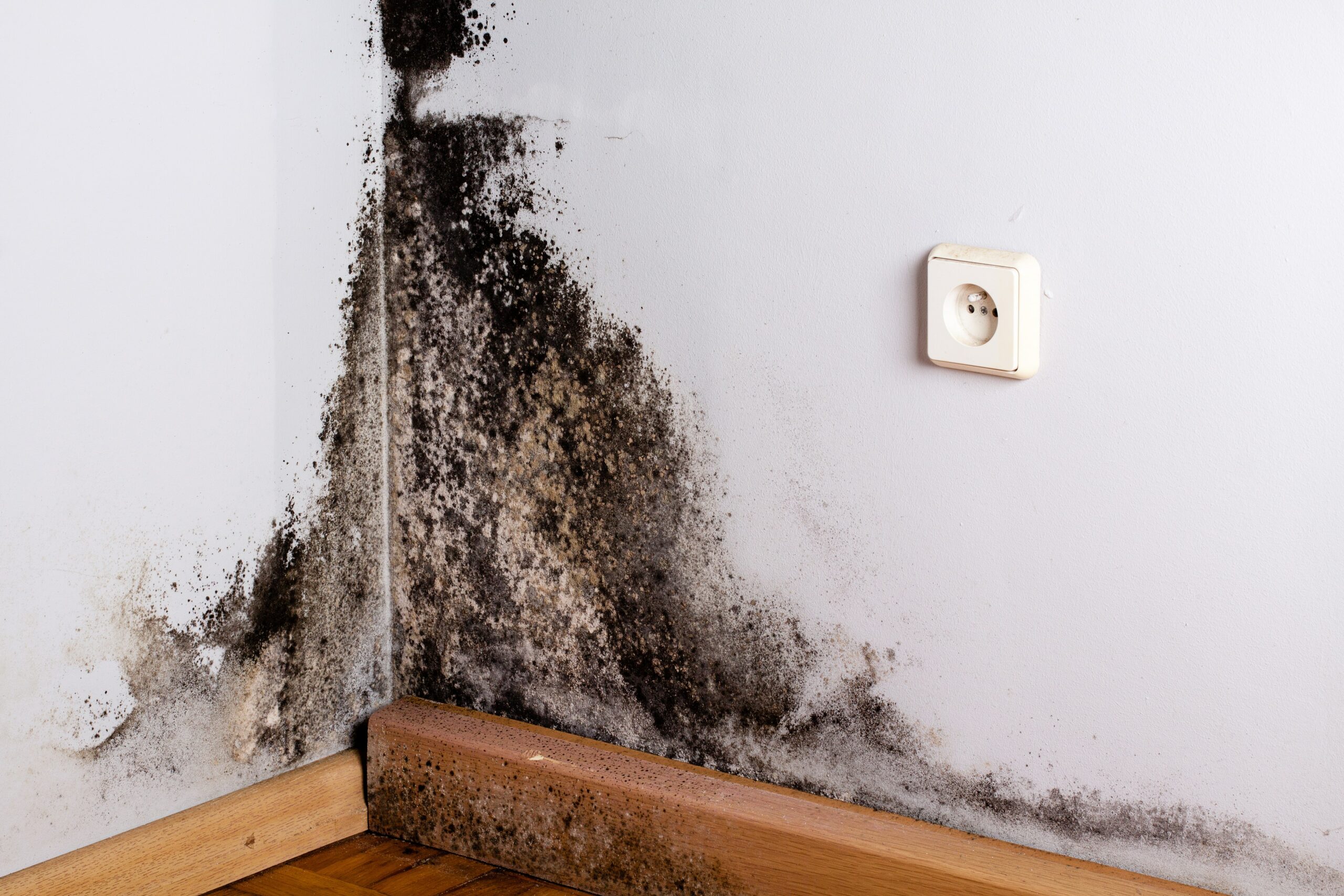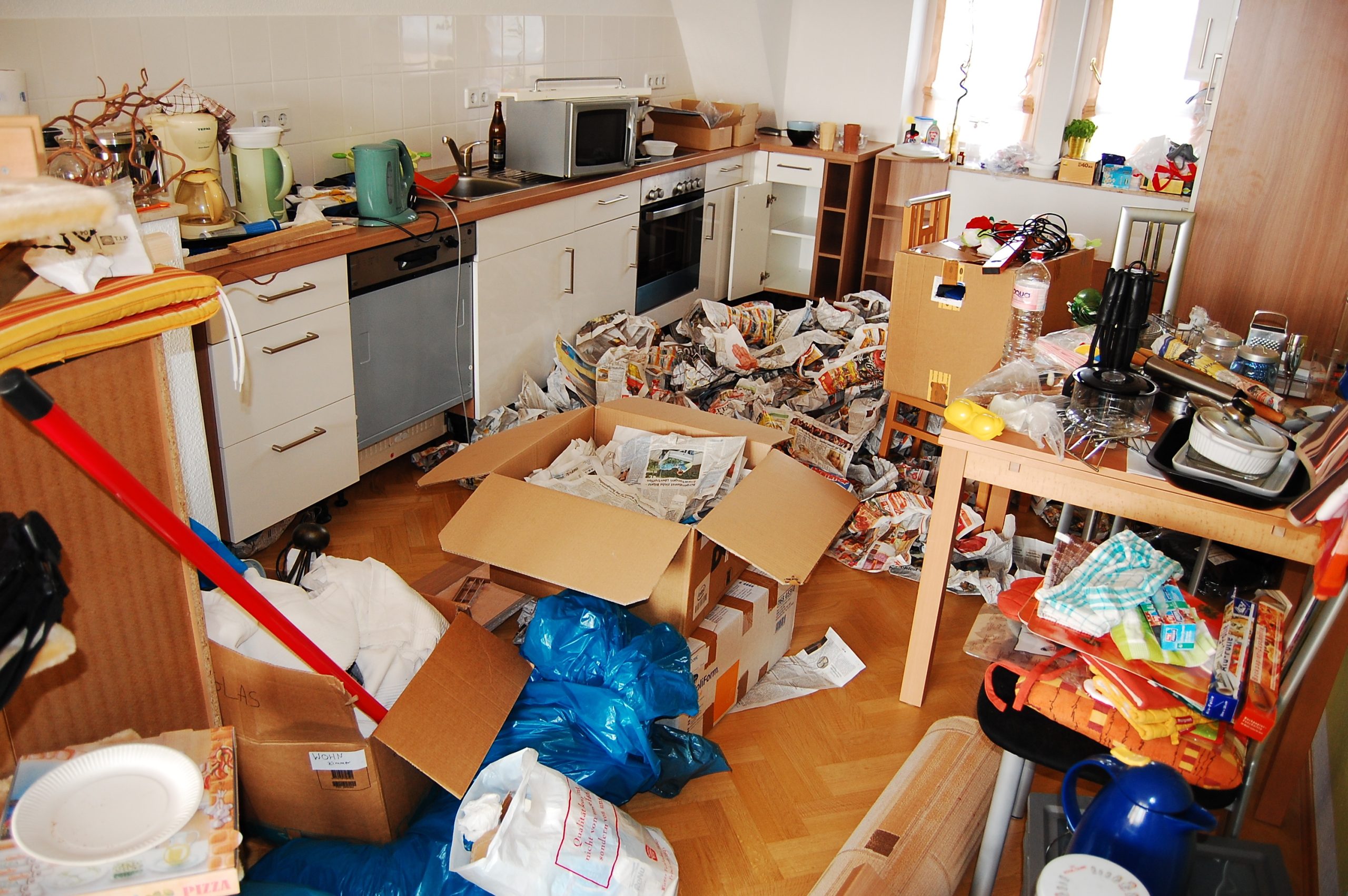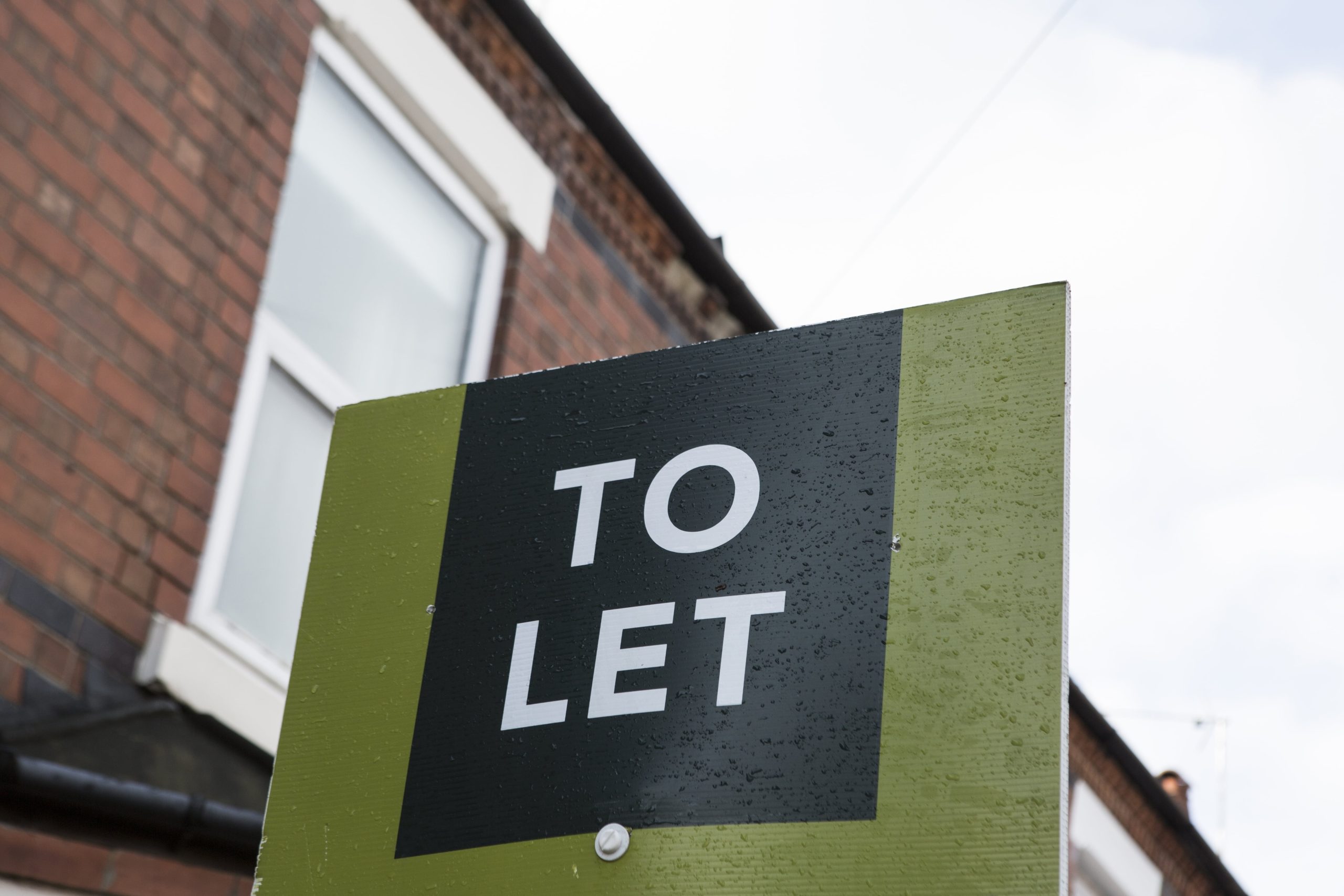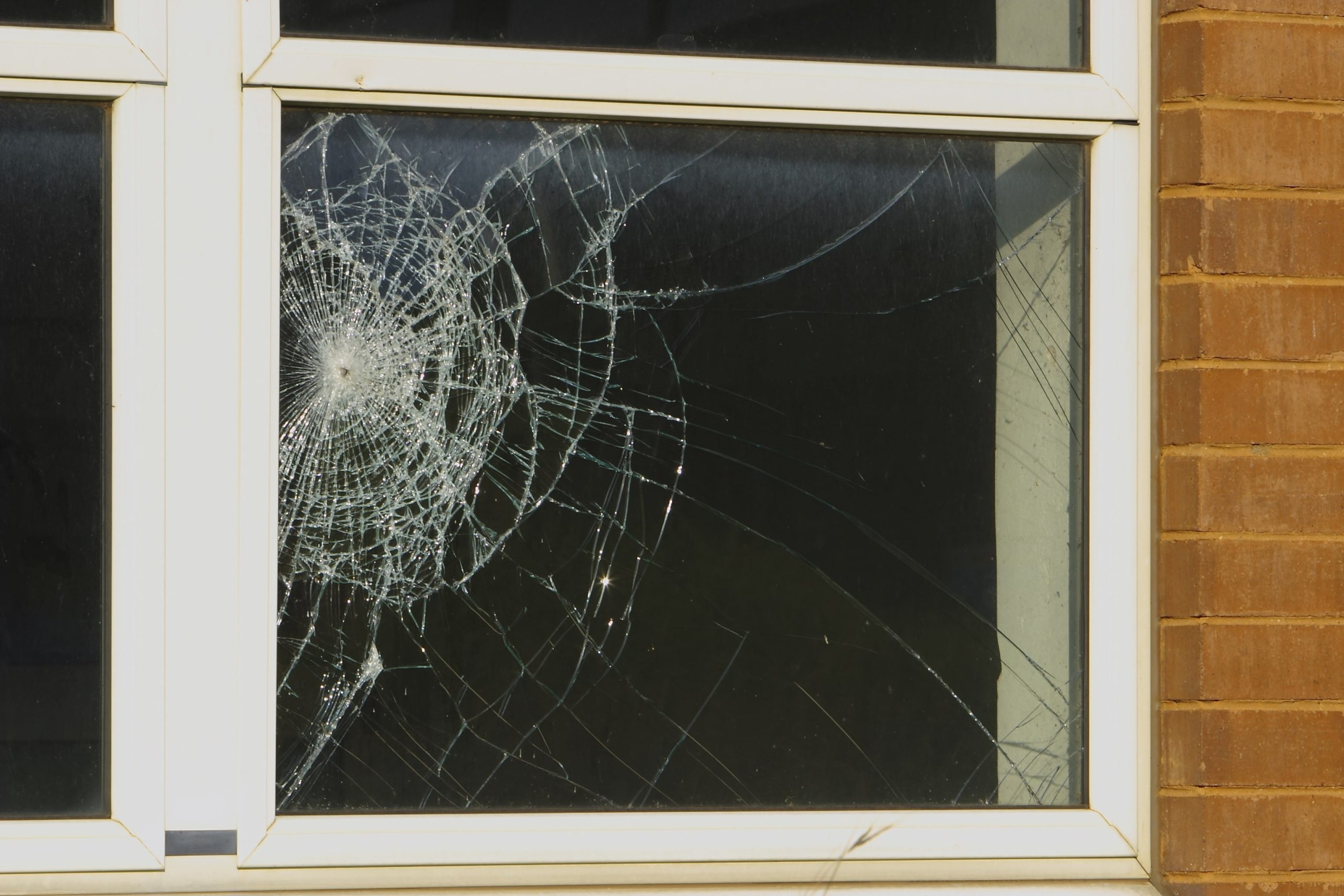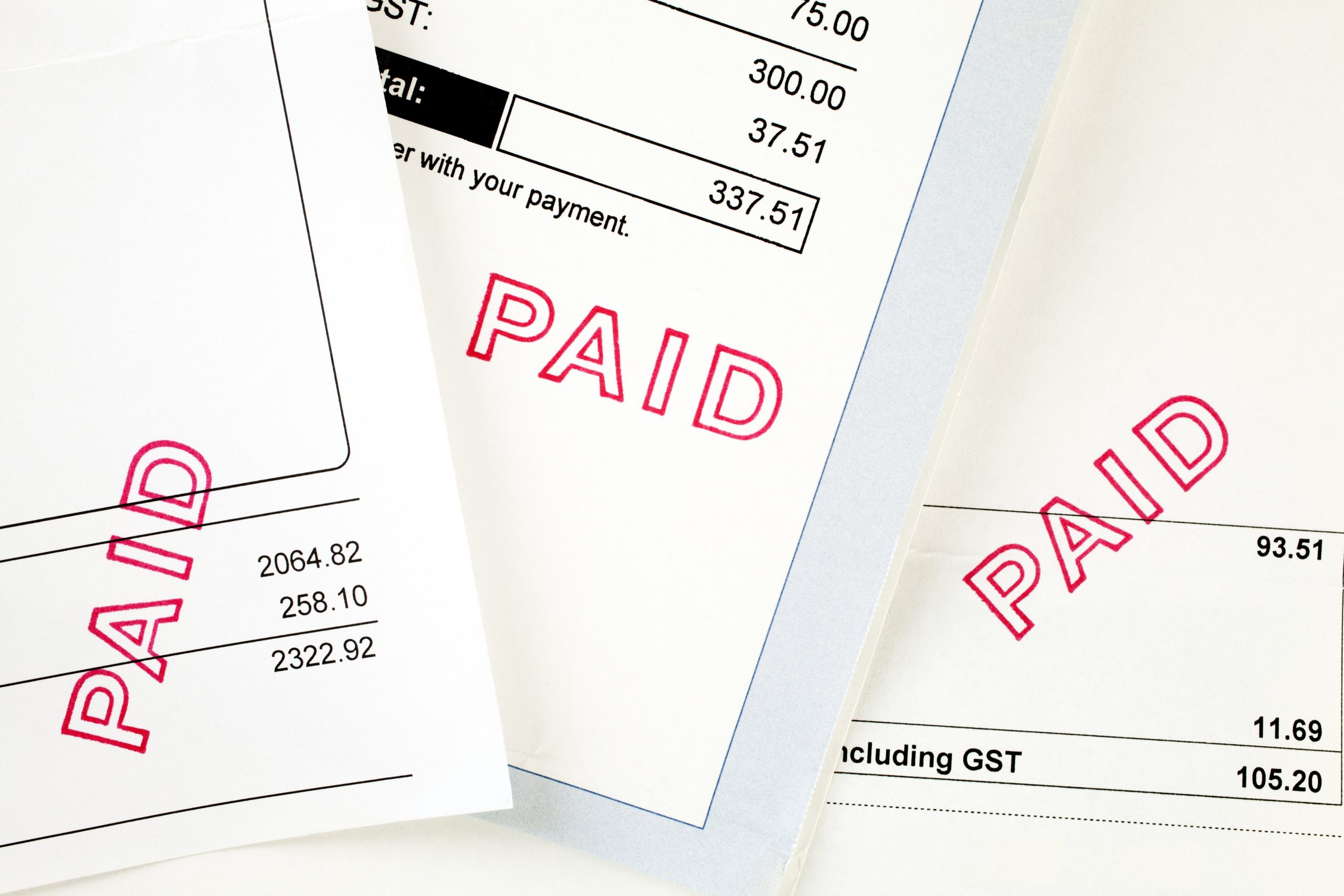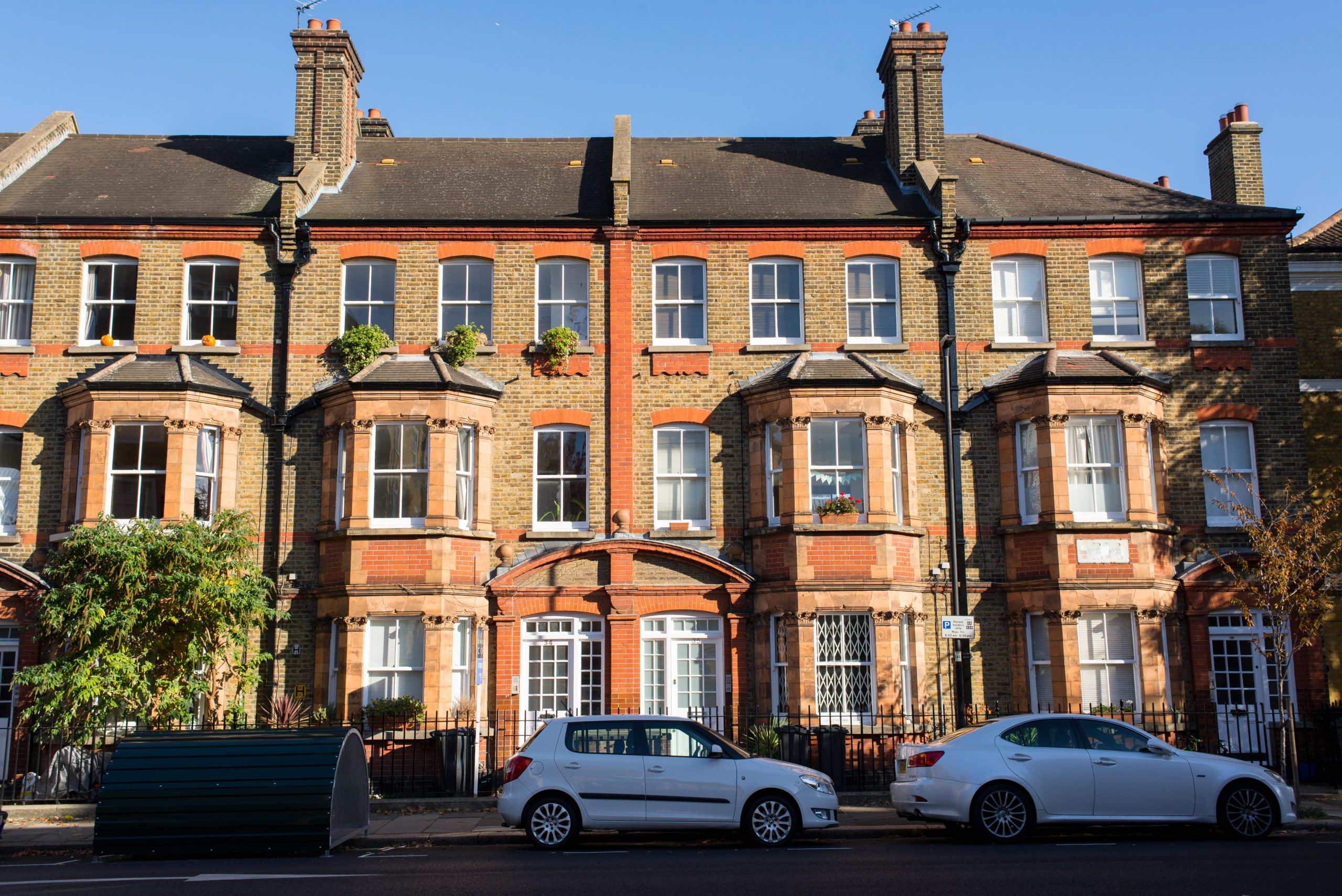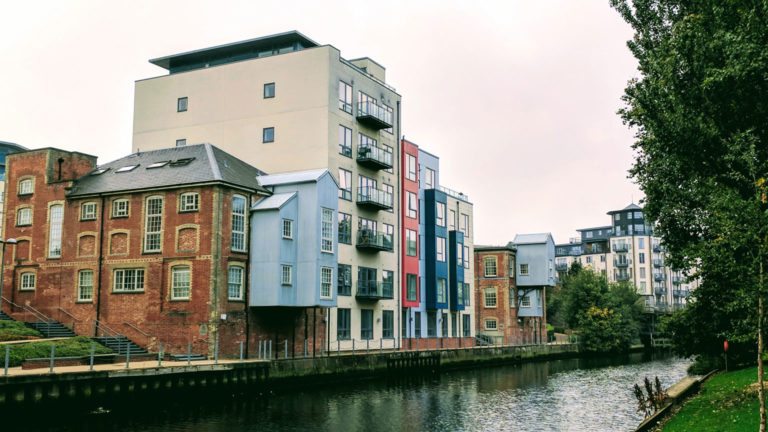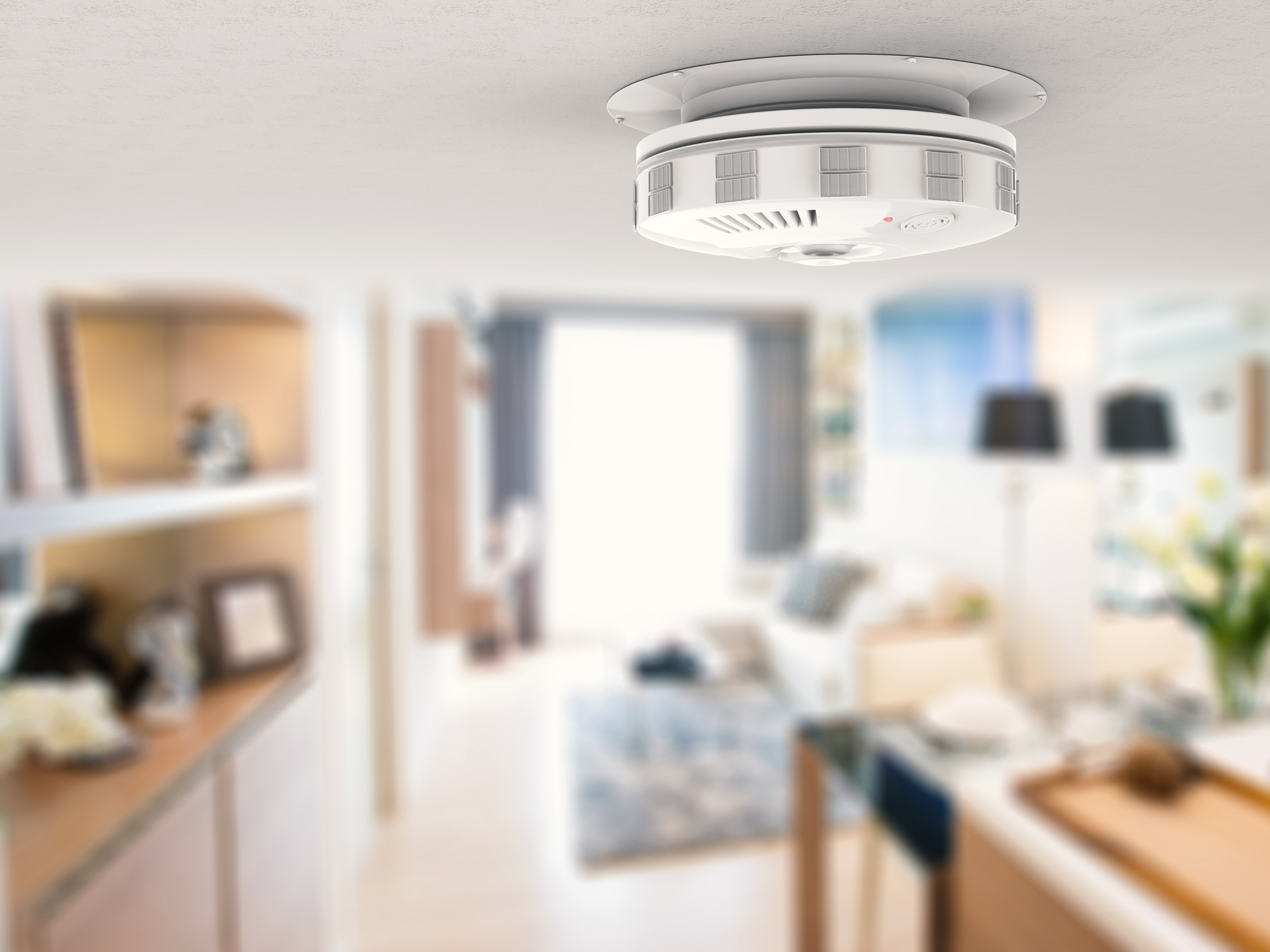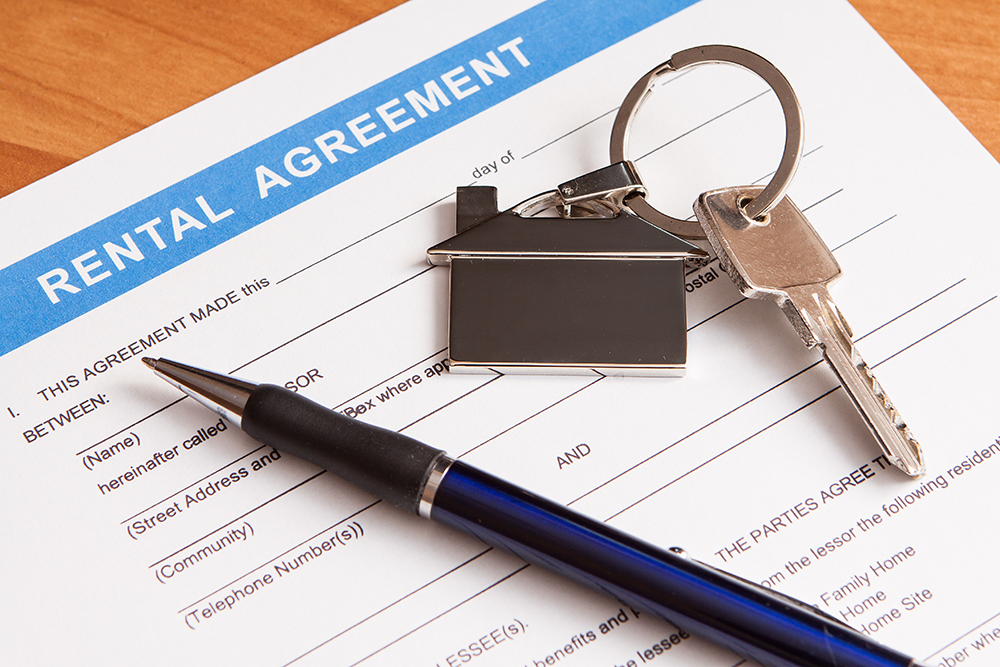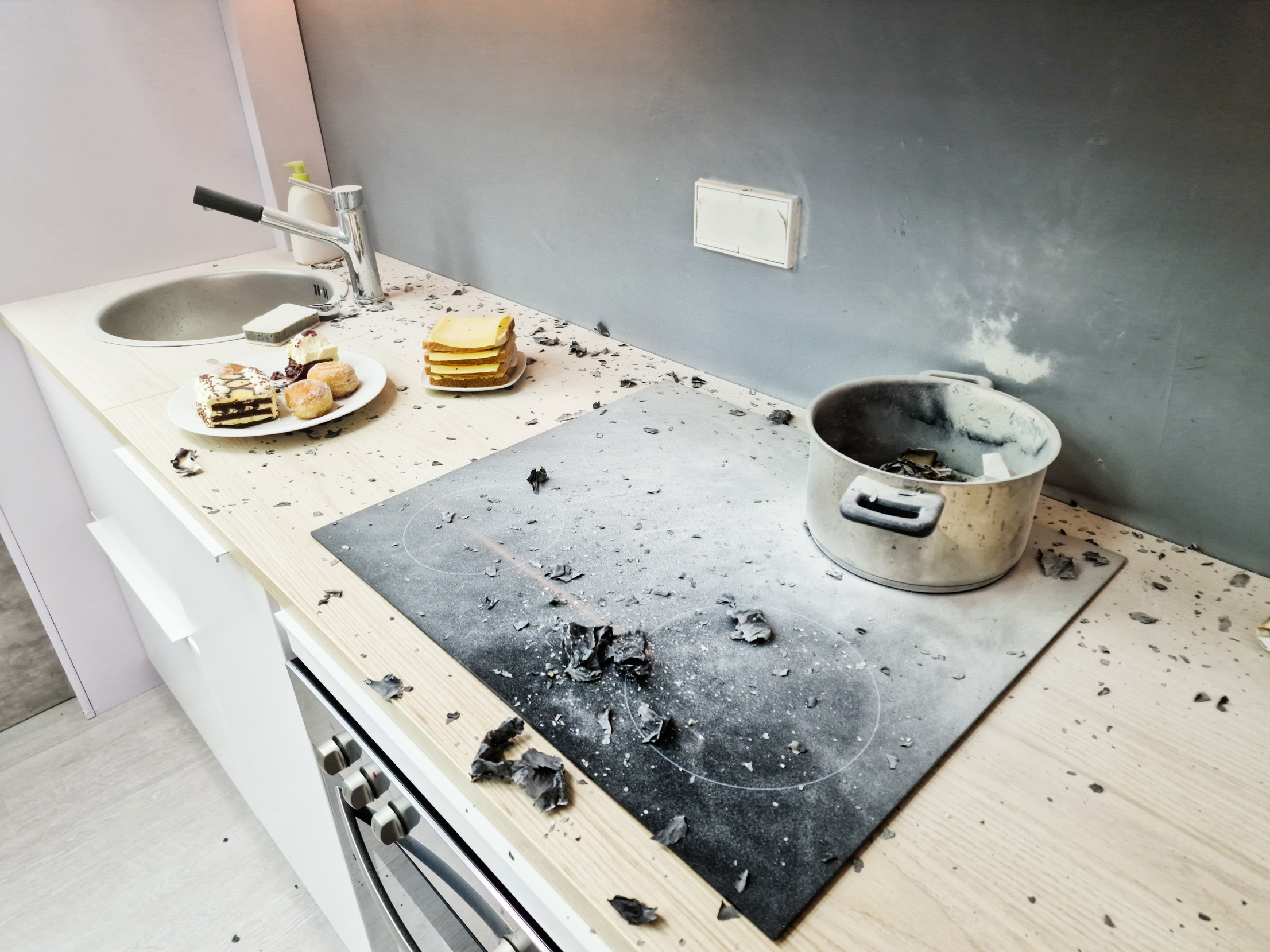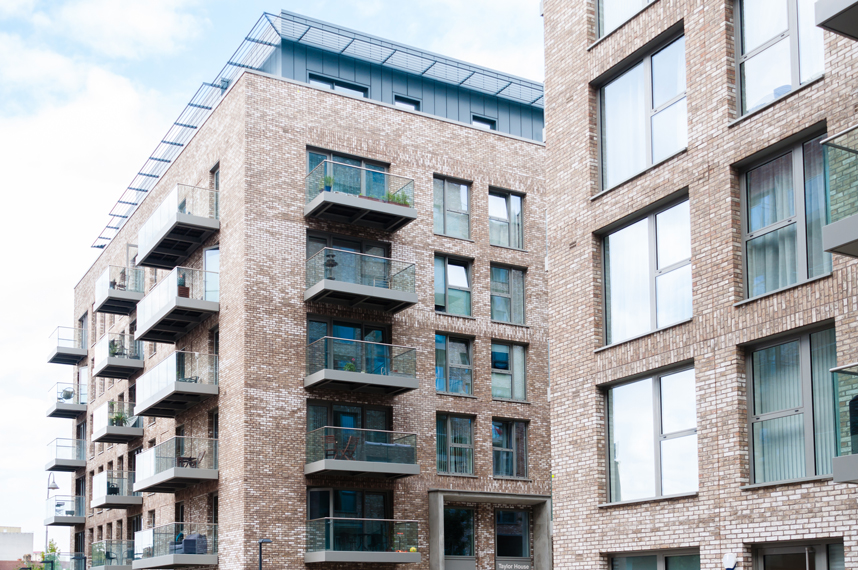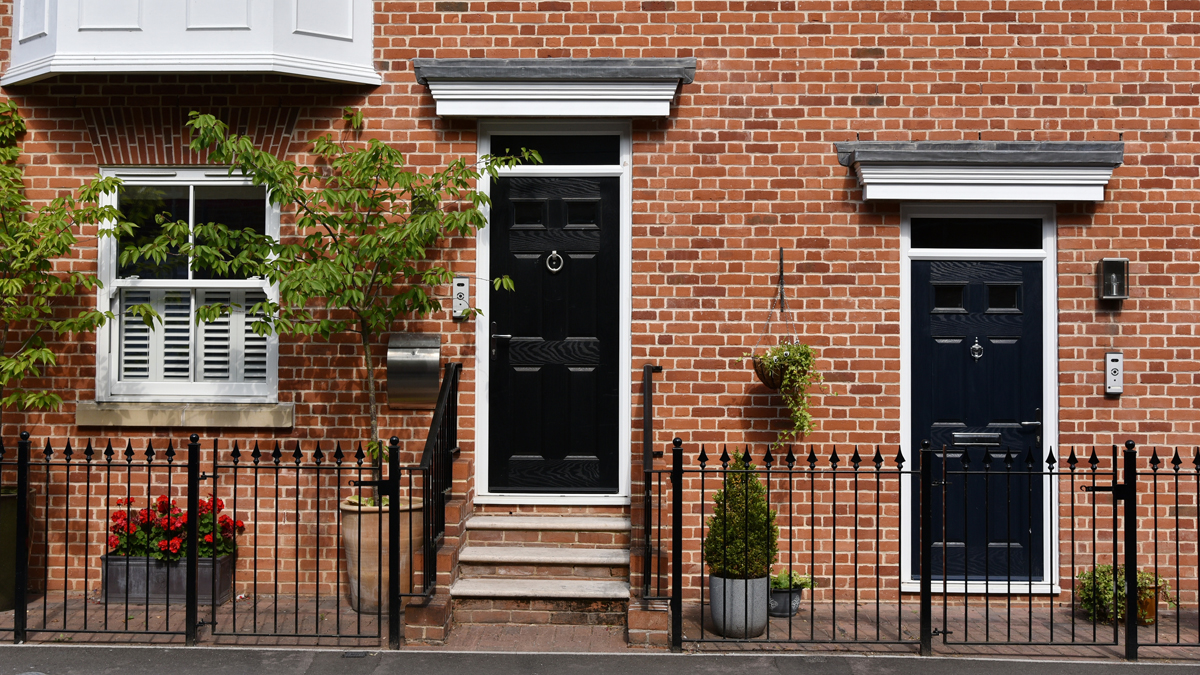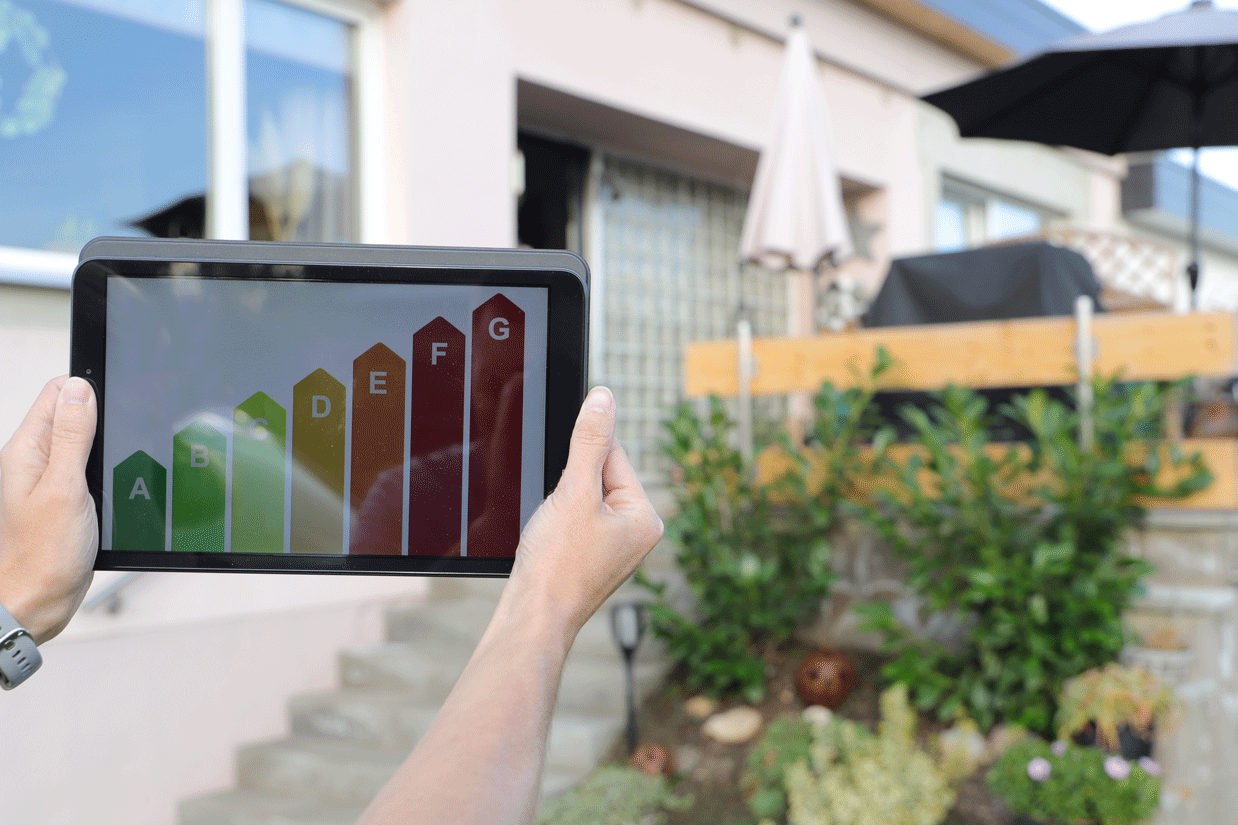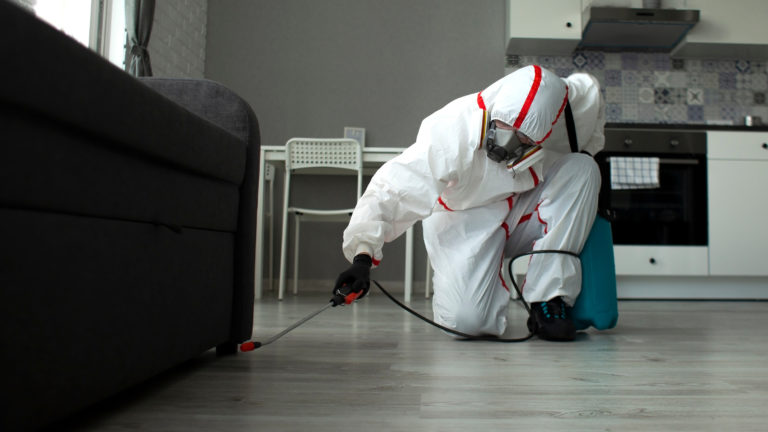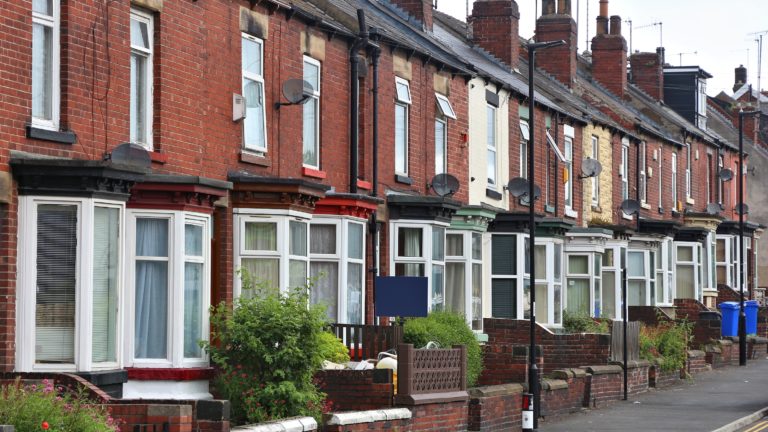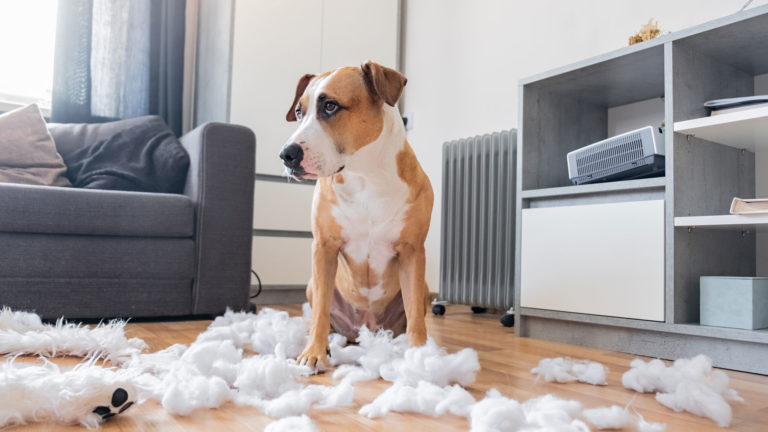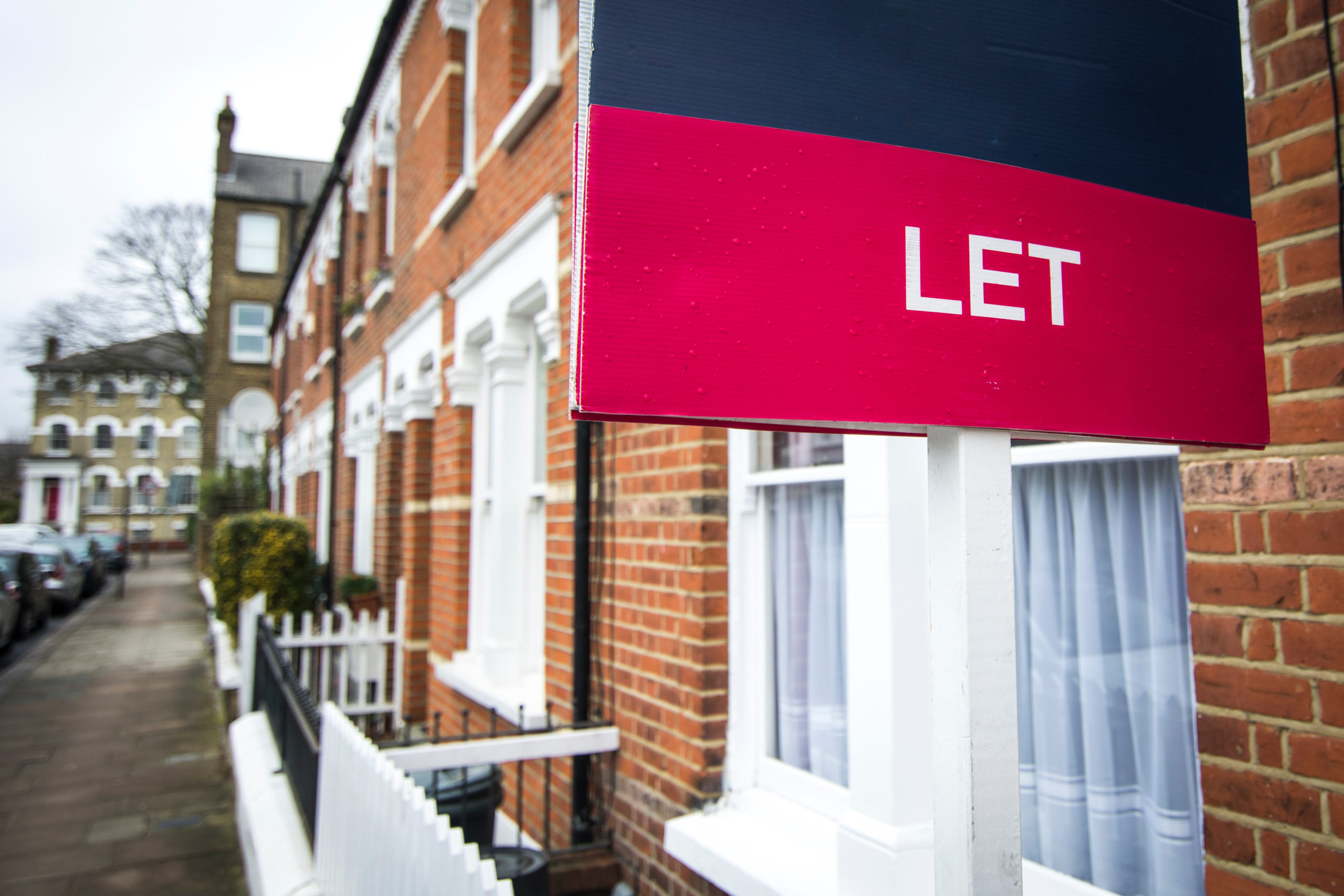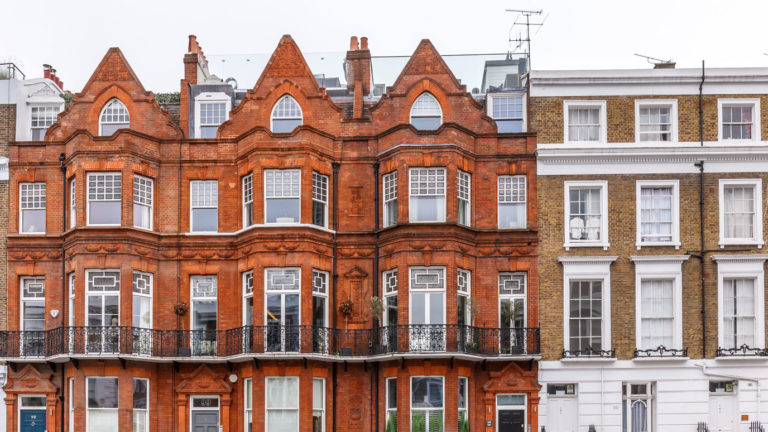If you’re a landlord, you’ll know how important regular home inspections are. They not only help you make sure your tenants are looking after your property, but also give you a chance to build a constructive relationship with them. In this article, we take a closer look at the topic of property inspections, how to make them work for you and the rules that govern them.
- Why do a property inspection?
- Do I have the right to conduct a property inspection?
- Do I need to give notice of an inspection?
- My tenant won’t let me enter. What can I do?
- How should I conduct a house inspection?
- Protecting your property with insurance
Why do a property inspection?
Regular property inspections allow you to inspect the interior and exterior of your rental property. They give you the opportunity to spot issues early, allowing you to prevent them from becoming major problems. You can also check that tenants are sticking to the terms of their tenancy agreement. For example, you can look for evidence of smoking indoors or for signs of deliberate damage.
Do I have the right to conduct a property inspection?
Landlords have the right of reasonable access to inspect their properties and assess their ‘condition and state of repair’. However, you can’t just turn up unannounced – there are laws you need to adhere to so you don’t infringe your tenants’ rights.
Do I need to give notice of an inspection?
If you want to inspect your property, you must give your tenants 24 hours’ notice or more. This is the law under the Landlord and Tenant Act 1985. However, it would be better to give at least a week’s notice. This gives tenants time to tidy the property and think of anything they need to talk to you about.
How do I give notice of a proposed house inspection?
You are legally obliged to request access in writing. This could be a note, email, text, or even a WhatsApp message. You need to mention the following details:
- The address of the property that will be inspected
- Who will inspect it (you or a representative)
- The date and time the inspection will take place
Can I ever enter a rental property without permission?
Very rarely. You are allowed to do this in a real emergency, such as a fire or a gas leak. If you enter for any other reason, it may well count as trespassing.
Can I enter without the tenant present?
Yes, if you have their permission. But we recommend conducting house inspections with the tenant present. It allows you to build a good relationship and good tenants will alert you to any issues or problems.
My tenant won’t let me enter. What can I do?
This is an awkward situation. If your tenancy contract includes a clause that agrees to regular inspections, then you can write to your tenant and tell them they’re in breach of contract. You could theoretically sue them for damages.
However, if the tenant still refuses access, you can’t simply enter the property without permission. To do so would be trespassing.
If you are repeatedly refused access, you could start Section 8 eviction proceedings on the grounds that the tenant has breached one of the terms of the tenancy agreement. Alternatively, you can issue a Section 21 eviction notice telling the tenant to quit at the end of the tenancy term (but note that Section 21 evictions will be scrapped during 2023).
How frequent should house inspections be?
It’s up to you. If you have longstanding tenants that haven’t caused you problems, you might settle for twice a year.
However, it’s wise not to inspect properties more frequently than once every three months. If you do, the tenant could argue that this constitutes harassment.
How should I conduct a house inspection?
It’s a good idea to make each inspection thorough. Many landlords create a checklist to help ensure they don’t miss anything. Some of the things you may wish to include are:
External factors:
- Gutters
- Paving slabs
- Fencing
- How rubbish is stored
- Outbuildings, including sheds
- How well the garden has been maintained
Internal factors:
- Signs of damp or mould
- Condition of taps and pipes are leak free
- Smoke detectors and carbon monoxide alarms
- Any items you provided, such as appliances and furniture
- Fixtures and fittings such as bathroom suites, flooring, and light fittings
You should expect fair wear and tear, but if you’ve made a full property inventory with photos it will make it easier for you to differentiate between wear and tear and damage.
Protecting your property with insurance
Regular property inspections are essential to protect your property, but you also need the right insurance. Depending on your needs, you can tailor your landlord insurance to include rent guarantee, legal expenses, and home emergency cover. For more information, talk to an expert adviser at Alan Boswell Group on 01603 649727.
This article is intended as a guide only. Please note that legislation does change, it is always best to check the most up to date guidance on gov.uk. Most landlord insurance policies arranged by Alan Boswell Group also have access to a legal advice helpline where policyholders can seek further advice.




